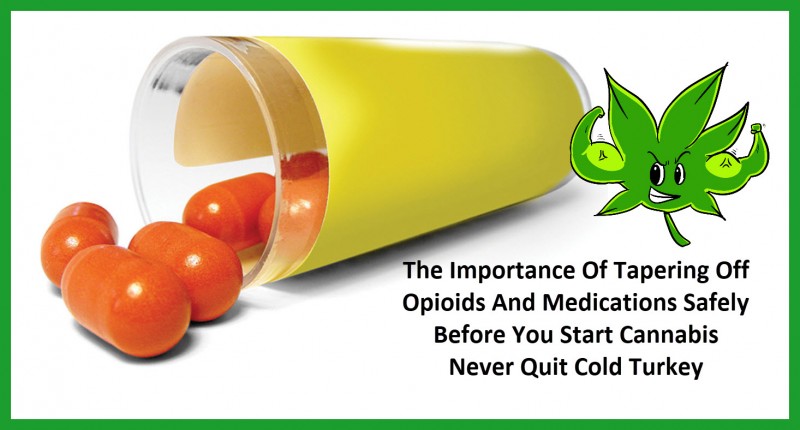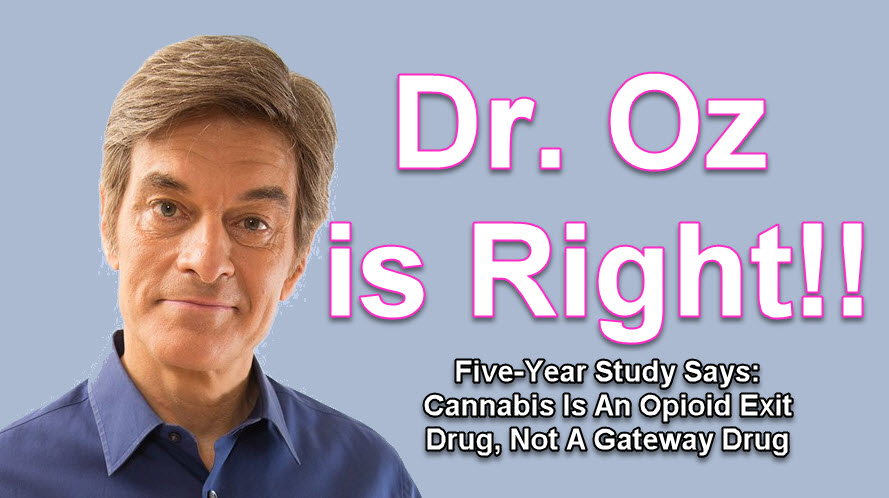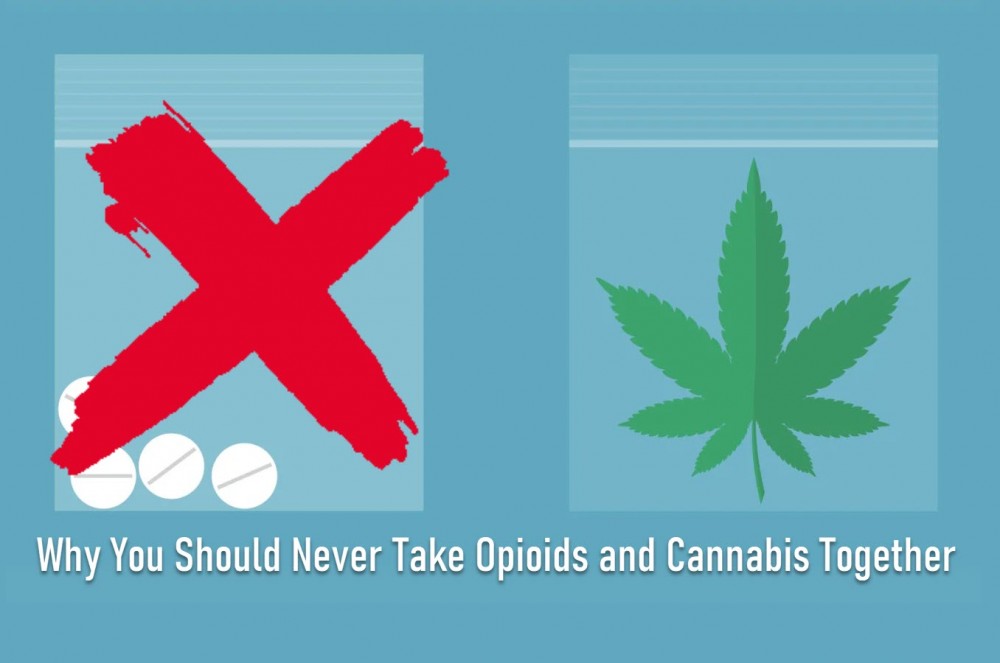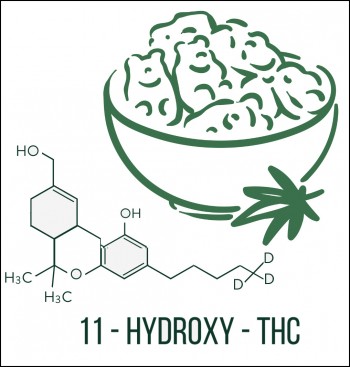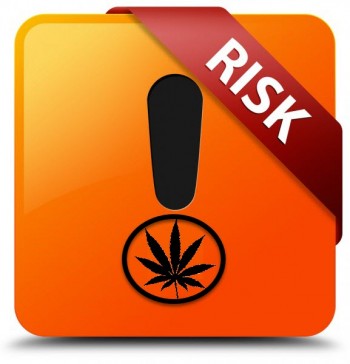The Importance Of Tapering Off Opioids And Medications Safely Before You Start Cannabis
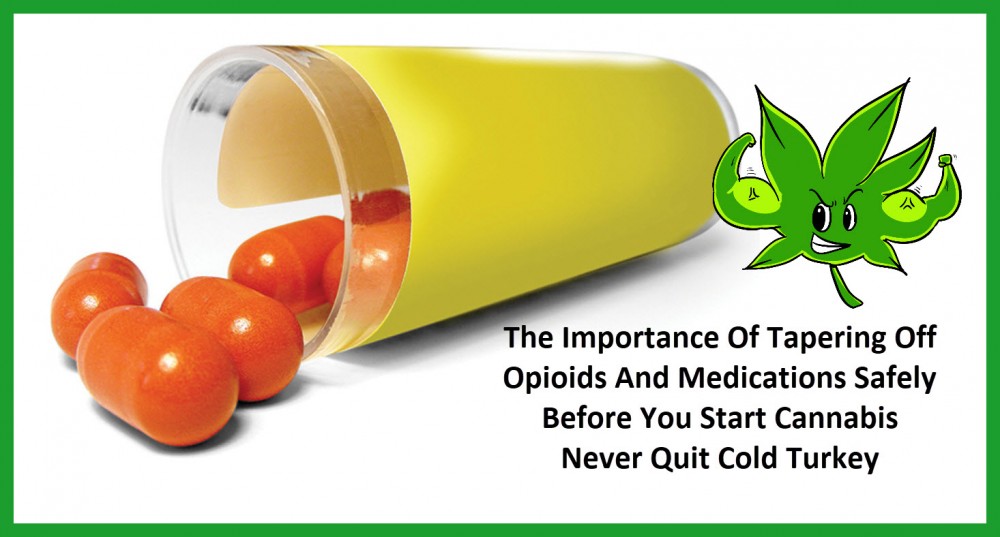
Never Quit Cold Turkey
So you’ve made the decision to give up opioids and other pharmaceutical medications to use cannabis instead. Congratulations!
You’ve made a good, important decision and one that will save your life. Opioids are potent painkilling drugs that are addictive and have lethal side effects, not to mention the fact that they possess a high risk for overdosing.
However, you can’t just stop taking your opioid and other pharmaceutical medications and start taking cannabis. It’s also dangerous to take cannabis and medicines together. This is why it’s critical – a matter of life and death – to gradually taper off safely and properly before you begin your cannabis treatment.
Here are some important considerations to keep in mind before you suddenly stop certain types of medications prior to cannabis use. Most importantly, you have to discuss discontinuation with your doctor so that they can advise a safe way to taper off medications depending on the dosage that you are currently taking. That’s because there’s no one-size-fits-all solution to tapering off medications; there are many factors to consider including your own health, the type of medication, and the dosage that you are currently taking.
Opioids
Some of the common prescription opioids being used are fentanyl, codeine, methadone, morphine, oxycodone, and hydrocodone. Long-term opioid use does not only increase the risk of addiction or death but it can also cause nausea, constipation, opioid-induced hyperalgesia (when opioids actually increase your pain), fatigue, drowsiness, depression, sleep apnea, reduced testosterone in men, and respiratory illnesses.
If you abruptly stop opioids, you’ll immediately experience withdrawal symptoms such as flu-like symptoms, restlessness, fatigue, insomnia, anxiety, tremors, hallucination, increased blood pressure, increased heart rate, abdominal cramps, or diarrhea. Opioid withdrawals may last for up to a week although some patients may experience them for far longer.
Your doctor may recommend a slow tapering or a fast taping method to get off your opioid. Slow tapering involves the reduction of your opioid dosage by 10% up to 20% every 1-3 weeks while fast tapering involves the reduction of opioid dosage by 25% to 50% within a few days. Due to the potential dangers brought on by fast tapering, some doctors will even recommend very close monitoring, though it’s not uncommon that some patients are even advised to check in supervision centers.
Antidepressants
Commonly prescribed antidepressant medications are the brand names Prozac, Sarafem, Zoloft, Celexa, Lexapro, Paxil, and Luvox. You might suddenly be feeling better enough to stop taking your antidepressants, or you just want to start cannabis treatment already for your depression. But it’s actually the chemicals in the medication that helps contribute to these improved feelings. Antidepressants work by balancing the neurotransmitters in your brain, which are responsible for regulating your mood and emotions. Any imbalance causes anxiety or depression.
Your doctor has prescribed a certain dosage of antidepressants to take in order to improve your condition. Now if you quit it suddenly, this can be life-threatening. You may experience withdrawal symptoms which can be so severe that your depression may worsen, or it can even cause you to entertain suicidal thoughts.
Antidepressant discontinuation syndrome is similar to withdrawal; it gives you the same feelings that you get when you have a flu. Other symptoms associated with discontinuation include insomnia, headaches, or pain.
Anxiety Meds
Medications that are used for anxiety include benzodiazepines, antidepressants, and beta blockers. All of these medications work in different ways, but some doctors agree that you should be feeling some sense of wellbeing before you quit your anxiety medications.
Either way, anxiety medications also cause withdrawal symptoms; the most common of which is sweating. Others include “brain zaps”, dizziness, peculiar pulsing sensations in the head, nausea, agitation, tremors, insomnia, and in severe cases, seizures.
Many patients also experience a flurry of emotions after quitting anxiety medications particularly when stopped abruptly. You may feel restless, worried, or irritable for no particular reason. It can also increase the risk of panic attacks or anxiety symptoms.
Conclusion
As with any medication, when you stop these three types of medications, you’ll notice your side effects will also subside. We can’t emphasize enough how important it is to keep an open dialogue with your doctor if you intend to quit these medications and substitute it with cannabis instead. But you’ll be doing yourself a favor once you do.
OTHER STORIES YOU MAY ENJOY...
DR. OZ FOR OPIOIDS AND MEDICAL MARIJUANA, CLICK HERE.
OR..
MONTEL WILLIAMS ON HOW CANNABIS AND OPIATES GO, CLICK HERE.

